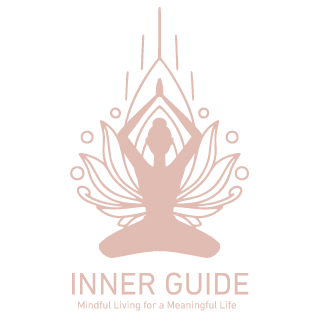Ramadan is more than just a month of fasting and spiritual reflection—it’s also an incredible opportunity to reset your habits. When I started studying how the brain works, particularly the connection between memory and habits, I realized how much of my behavior was tied to triggers and rewards. This year, I decided to use Ramadan to break a habit I’ve had for years: drinking Jallab after Iftar in one hour with ramadan sweets. Let me explain how understanding neuroscience can help you do the same.
How Memory and Habits Are Connected
Our habits are deeply influenced by memory. Every time we repeat a behavior, our brain strengthens the neural pathways associated with it. This process, known as neuroplasticity, makes the behavior easier to perform over time. For example, if you’ve spent years drinking Jallab after Iftar, your brain has likely linked the act of breaking your fast with the sweet, satisfying taste of Jallab. This connection is reinforced by dopamine, the brain’s “feel-good” chemical, which rewards you for the behavior and makes you crave it again.
But here’s the catch: habits aren’t just about actions—they’re also tied to memories and emotions. For me, Jallab wasn’t just a drink; it was a reminder of joyful moments spent with family, the smell of bakhoor at my grandma’s house, and the anticipation of that first sip after a long day of fasting. These memories made the habit even harder to break.
Why Ramadan is the Perfect Time to Change Habits
Ramadan offers a unique environment for habit change. Here’s why:
- Fasting Resets Your Cravings: When you fast, your body and brain have a chance to reset. Without constant food intake, your dopamine levels stabilize, reducing cravings for sugary or unhealthy foods.
- Routine and Repetition: Ramadan’s structured schedule—waking up for Suhoor, fasting, and breaking your fast at Iftar—creates a predictable routine. This makes it easier to introduce new habits, as your brain thrives on consistency.
- Mindfulness and Intentionality: Ramadan encourages mindfulness and self-reflection, which are key to breaking old habits and forming new ones. When you’re more aware of your actions, you can consciously choose healthier alternatives.
How I Used Neuroscience to Break My Jallab Habit
This year, I decided to reduce my sugar intake during Ramadan. While I don’t consume much sugar, I realized that even small amounts can have a big impact on my health. My goal was to break the habit of drinking Jallab daily after Iftar. Here’s how I did it:
- Replaced the Reward: Instead of Jallab, I focused on the satisfaction of nourishing my body with healthy options. I reminded myself that the real reward was feeling energized and taking care of my health.
- Changed the Trigger: I avoided places that triggered my craving, like I avoided to pass by the supermarket Lane where I can find Jallab. Instead, I surrounded myself with positive triggers, like the smell of fresh fruit or herbal teas.
- Reinforced the New Habit: I repeated my new behavior—opting for water or a healthy drink—every day. Over time, my brain started to associate Iftar with these healthier choices instead of Jallab.
The Science Behind Habit Formation
Habits are formed through a loop: cue, behavior, and reward. To change a habit, you need to:
- Identify the Cue: What triggers the habit? For me, it was the smell of bakhoor and the act of breaking my fast.
- Change the Behavior: Replace the old habit with a new one. I swapped Jallab for chia water.
- Reward Yourself: Find a new reward that satisfies your brain. For me, it was the feeling of gratitude and contentment after a healthy Iftar.
What Habits Will You Change This Ramadan?
Understanding how memory and habits work can empower you to make lasting changes. Whether it’s reducing sugar, exercising more, or practicing mindfulness, Ramadan is the perfect time to start. Share in the comments: what habits do you want to break or build this Ramadan? Let’s support each other in creating healthier, happier lives!
Key Takeaways:
- Habits are deeply tied to memory and dopamine-driven rewards.
- Ramadan’s structure and mindfulness make it an ideal time for habit change.
- To break a habit, identify the cue, replace the behavior, and find a new reward






There are 4 comments on this post
tm3kqw
https://berforum.ru/gallery/image/8946-15/
Good https://is.gd/tpjNyL
t7cahp